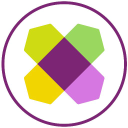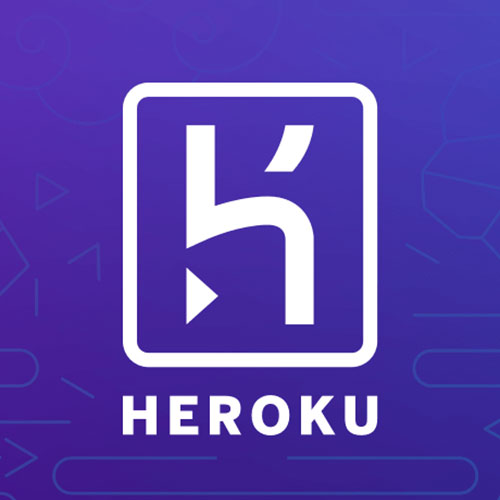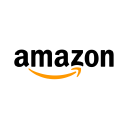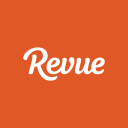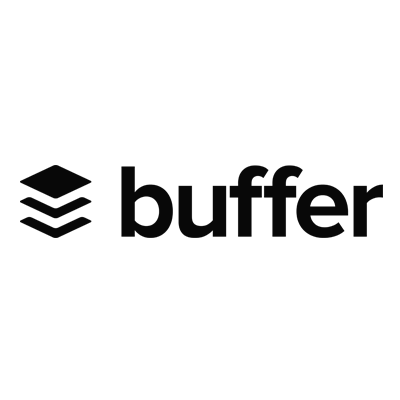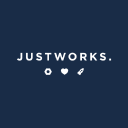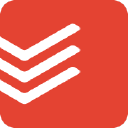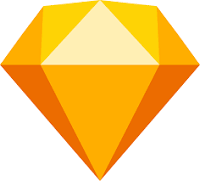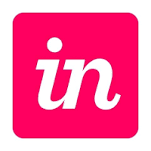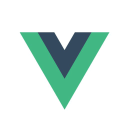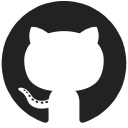How I Started A $69K/Month Software Agency After A Failed Product Launch
Note: This business is no longer running. It was started in 2014 and ended in 2022. Reason for closure: Acquired by GreyNoise Intelligence.
Hello! Who are you and what business did you start?
Hi, I’m Andrew 👋I like to joke that I’m a jack of all trades and master of pun…
I run Krit, the software agency for non-technical founders. We partner with people who are experts in their field to help them design and build their Minimum Lovable Product. We get in super early and truly help our clients design and build apps from the ground up. Sometimes they’ve prototyped their ideas with a spreadsheet or a couple of no-code tools, but they don’t have any software yet.
We’re massive product nerds who care about all of the little design details the make great products stand out, while also having deep technical knowledge. Basically… come for the pretty designs, stick around for the well-written code.
In the past 3 years we’ve helped:
- An attorney take her legal tech startup from $0 to $1M in Annual Run Rate.
- A 71-year-old financial consultant build his first tech company and close customers like Yale, Brown, NYU, and Dartmouth.
- A doctor in Texas launch the first HIPAA compliant text messaging service.
- A photo booth startup build...
Sorry, you need to login and/or become a member to view the rest of this content.

